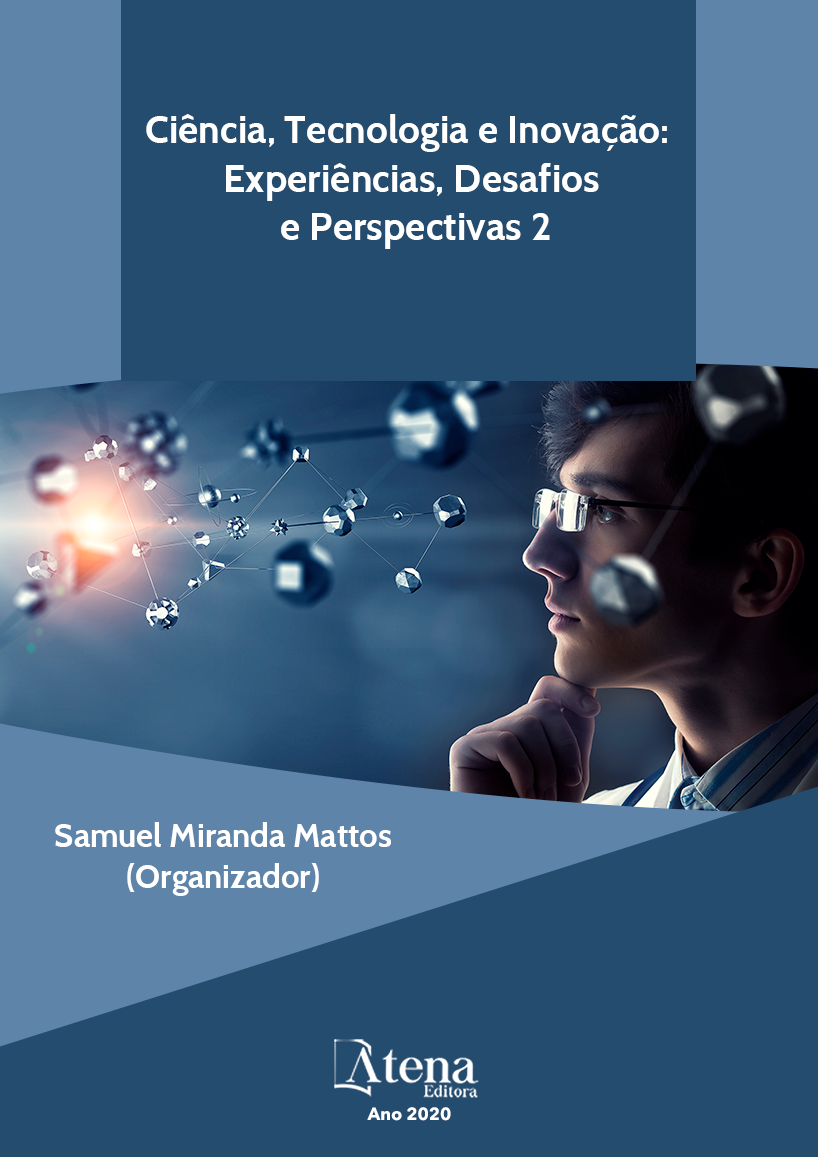
TECHNIQUE: CONTRIBUTIONS OF MARTIN HEIDEGGER
Estamos corporal e mentalmente vinculados à tecnologia, como uma perspectiva do humano, de sua natureza. Nossas vinculações não se definem em um modelo de oposição, mas de aderência, ou seja, em construções de pensamentos e imaginários. Assim, este estudo, tem como objetivo principal realizar um diálogo com as principais ideias de Martin Heidegger, no que se refere à técnica e como específicos, compreender os conceitos teóricos de técnica e tecnologia segundo alguns autores. Trata-se de uma revisão bibliográfica, na qual assume-se o método fenomenológico, entendendo que a fenomenologia busca ir às coisas-mesmas, investigando como o fenômeno se desvela. O aporte teórico abrange, especificamente, os estudos de Martin Heidegger (2007, 1959). A opção pelos construtos teóricos desse filósofo deve-se às reflexões que incluem a temática da técnica e a atitude do homem reflexivo diante dela. Como parte dos resultados parciais significativos dessa investigação, verifica-se que, para Heidegger, a técnica não pode ser concebida como um simples meio, porque ela é, também, uma forma de desencobrimento, no sentido em que constitui um meio para atingir fins e uma atividade humana. Para o filósofo, a técnica está relacionada diretamente com a história do ser, contudo, só começa a problematizá-la ao perceber sua conexão com o destino da humanidade na era moderna, e ressalta que técnica é um meio para fins, o que consiste em um fazer do homem. Nesse sentido, o pensador entende a técnica como sinônimo de conhecimento operacional. E tecnologia como sendo “o título que conferimos ao ente quando este é perpassado não pela técnica, mas sim por sua essência – e não qualquer uma, mas a que se encontra vigente em nosso tempo. “ Os benefícios desta investigação estão relacionados, sobretudo, ao campo de conhecimentos que podem subsidiar futuros estudos que tenham como objeto a construção do conhecimento por meio das tecnologias, especificamente no contexto escolar.
TECHNIQUE: CONTRIBUTIONS OF MARTIN HEIDEGGER
-
DOI: 10.22533/at.ed.6982027055
-
Palavras-chave: Martin Heidegger. Tecnologia e Técnica. Construção do Conhecimento.
-
Keywords: Martin Heidegger. Technology and Technique. Knowledge Construction.
-
Abstract:
We are bodily and mentally linked to technology, as a human perspective, of its nature. Our attachments are not defined in a model of opposition, but of adherence, that is, in constructions of thoughts and imaginary. Thus, this study aims to conduct a dialogue with the main ideas of Martin Heidegger, regarding the technique and, specifically, to understand the theoretical concepts of technique and technology according to some authors. This is a bibliographical review, which assumes the phenomenological method, understanding that phenomenology seeks to go to the same things, investigating how the phenomenon is revealed. The theoretical contribution includes, specifically, the studies of Martin Heidegger (2007, 1959). The choice for the theoretical constructs of this philosopher is due to the reflections that include the theme of technique and the attitude of the reflective man in front of it. As part of the significant partial results of this investigation, it appears that, for Heidegger, technique cannot be conceived as a simple means, because it is also a form of discovery in the sense that it constitutes a means to achieve ends and a human activity. For the philosopher, technique is directly related to the history of being, however, only begins to problematize it by realizing its connection with the destiny of humanity in the modern age, and emphasizes that technique is a means to an end, which consists in a making of men. In this sense, the thinker understands the technique as synonymous with operational knowledge. And technology as being “the title we give to the entity when it is permeated not by technique but by its essence - and not any one, but the one in force in our time.” The benefits of this research are related, above all, to the field of knowledge that can support future studies that have as their object the construction of knowledge through technologies, specifically in the school context.
-
Número de páginas: 11
- Gustavo Araújo Batista
- José Carlos Souza Araújo
- Mauricio dos Reis Brasão


